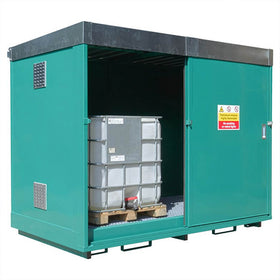BP removes Deepwater cleanup crews in three affected states
BP and the US Coast Guard have this week concluded that beaches in the states of Alabama, Florida and Mississippi are now clean enough for BP to end the regular patrols that have been in operation since the 2010 oil spill. However, beaches in Louisiana still remain badly affected by the tide of oil that washed up on its shoreline three years ago.
Louisiana was hit hardest by the spill because of its shorelines proximity to the Macondo well. Oil was found along a 125 mile stretch of its coastline and complications with the spill containment process have led to longer than expected cleanup times. Back in the summer of 2010, local officials had voiced concerns about a lack of available containment booms for protecting the coastline and the effectiveness of the booms when in place. It was found that while the heavy-duty containment booms were working well in open seas, rough sea conditions had meant that much of the oil had washed over the booms in place on the coastline and contaminated beaches and marshland.
BP spokesman Jason Ryan said that there had been “significant progress” in Louisiana and this would continue “until the Coast Guard determines that the active cleanup is complete.”
Despite the US Coast Guard declaring Alabama, Florida and Mississippi largely free of oil contamination, tourists and environmentalists in Florida have questioned this amid claims large amounts of tar balls still remain on the beaches. However, Coast Guard Lt. Cmdr. Natalie Murphy believed that with only “minute amounts” of oil now left on Florida beaches it was now time to end regular cleanup patrols. The operations can actually cause problems for wildlife habitat and Murphy saw that “there was an imbalance that had to be addressed.” BP has spent an estimated £9 billion on remedial work and has said that they will also cover the cost of any removing any remaining oil.
www.yellowshield.co.uk



